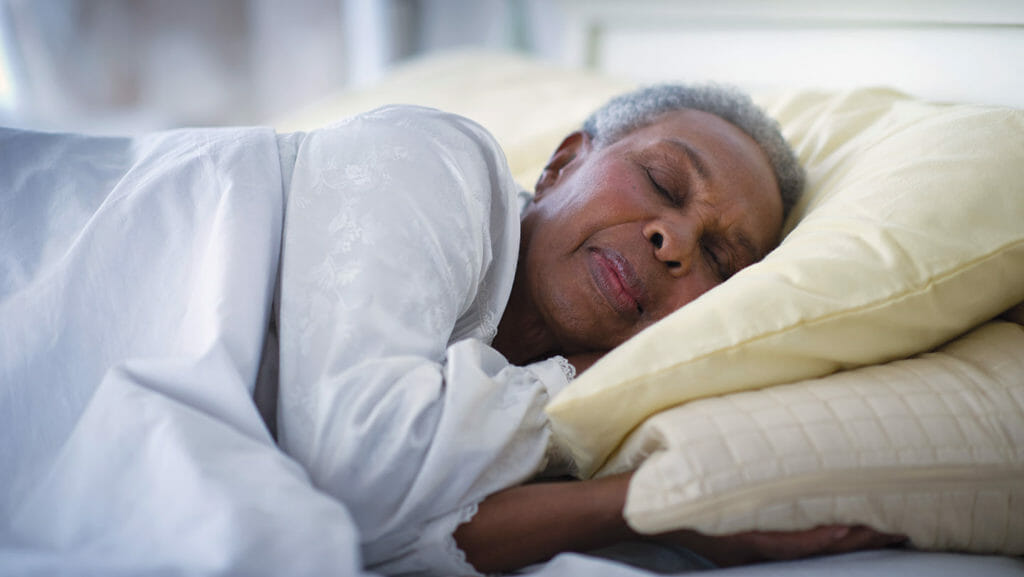
A new study highlighted the differences in sleep factors as they relate to cognitive function as well as race and ethnicity. Namely, Black individuals are more likely to have adverse impacts from sleep medications compared to other groups of people. Also, poor sleep quality in Black people was linked to larger effects on decline in executive function.
Sleep apnea risk in older adults was linked to faster declines in verbal episodic memory but not executive function. Sleep quality was linked with lower levels of executive function and faster decline in executive function, but it wasn’t tied to verbal episodic memory in all of the people studied. Older Black adults were more prone to adverse cognitive impacts when using sleep medication, compared to other racial groups, according to authors of a report that was published Feb. 11 in Alzheimer’s & Dementia.
Researchers evaluated data on 1,690 individuals in the Kaiser Healthy Aging and Diverse Life Experiences dataset. The average age of the people in the study was 75.7 years old. The team evaluated sleep quality, latency, duration, disturbances, usage of sleep medication, sleep apnea risk and daytime dysfunction. Over a 2.7-year span, the team assessed executive function and verbal episodic memory in the participants as well.
“Our study represents an important step toward unraveling the heterogeneity in the associations of sleep quality and sleep apnea risk with cognitive functioning,” the authors wrote. “If our findings are supported by other studies, sleep quality may emerge as an important modifiable factor for improving cognitive functioning among Black older adults, potentially narrowing racial disparities in cognitive decline.”
Sleep is a modifiable factor that may have an affect on late-life cognitive functioning and disparities by race and ethnicity. Sleep problems, including poor sleep quality and obstructive sleep apnea, are especially common among older adults, with around 20% reporting poor sleep quality and more than 50% reporting obstructive sleep apnea.



